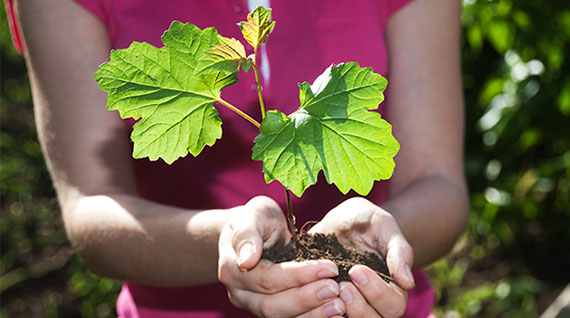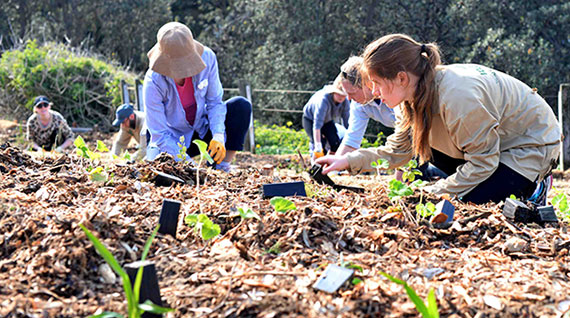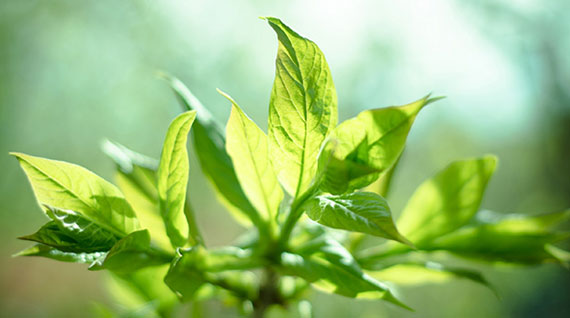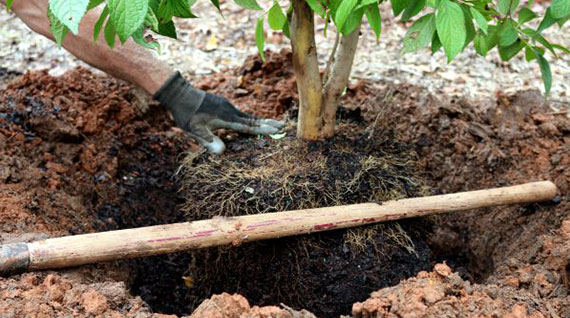Industrial plantations are actively managed for the commercial production of forest products. Industrial plantations are usually large-scale. Individual blocks are usually even-aged and often consist of just one or two species.
Read MoreThese species can be exotic or indigenous. The plants used for the plantation are often genetically altered for desired traits such as growth and resistance to pests and diseases in general and specific traits
Read MoreWhile forests managed for wood production commonly yield between 1 and 3 cubic meters per hectare per year, plantations of fast-growing species commonly yield between 20 and 30 cubic meters or more per hectare annually
Read MoreMany forestry experts claim that the establishment of plantations will reduce or eliminate the need to exploit natural forest for wood production. In principle this is true because due to the high productivity.
Read MorePlantations established purely for the production of fiber provide a much narrower range of services than the original natural forest for the local people. Plantations es of services than the original natural forest for the local people.
Read MoreFarm or home plantations are typically established for the production of timber and fire wood for home use and sometimes for sale. Management may be less intensive than with Industrial plantations.
Read More




